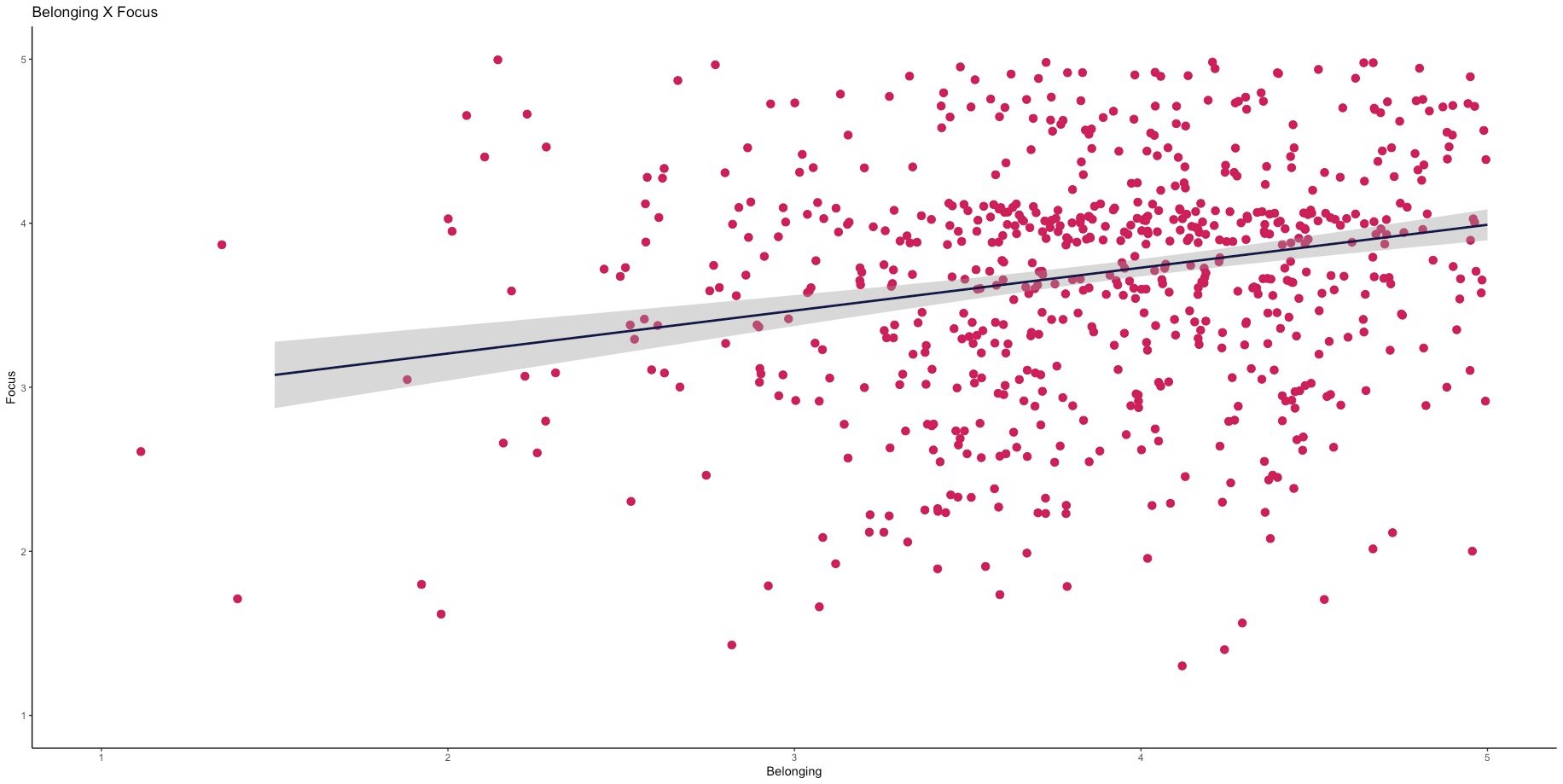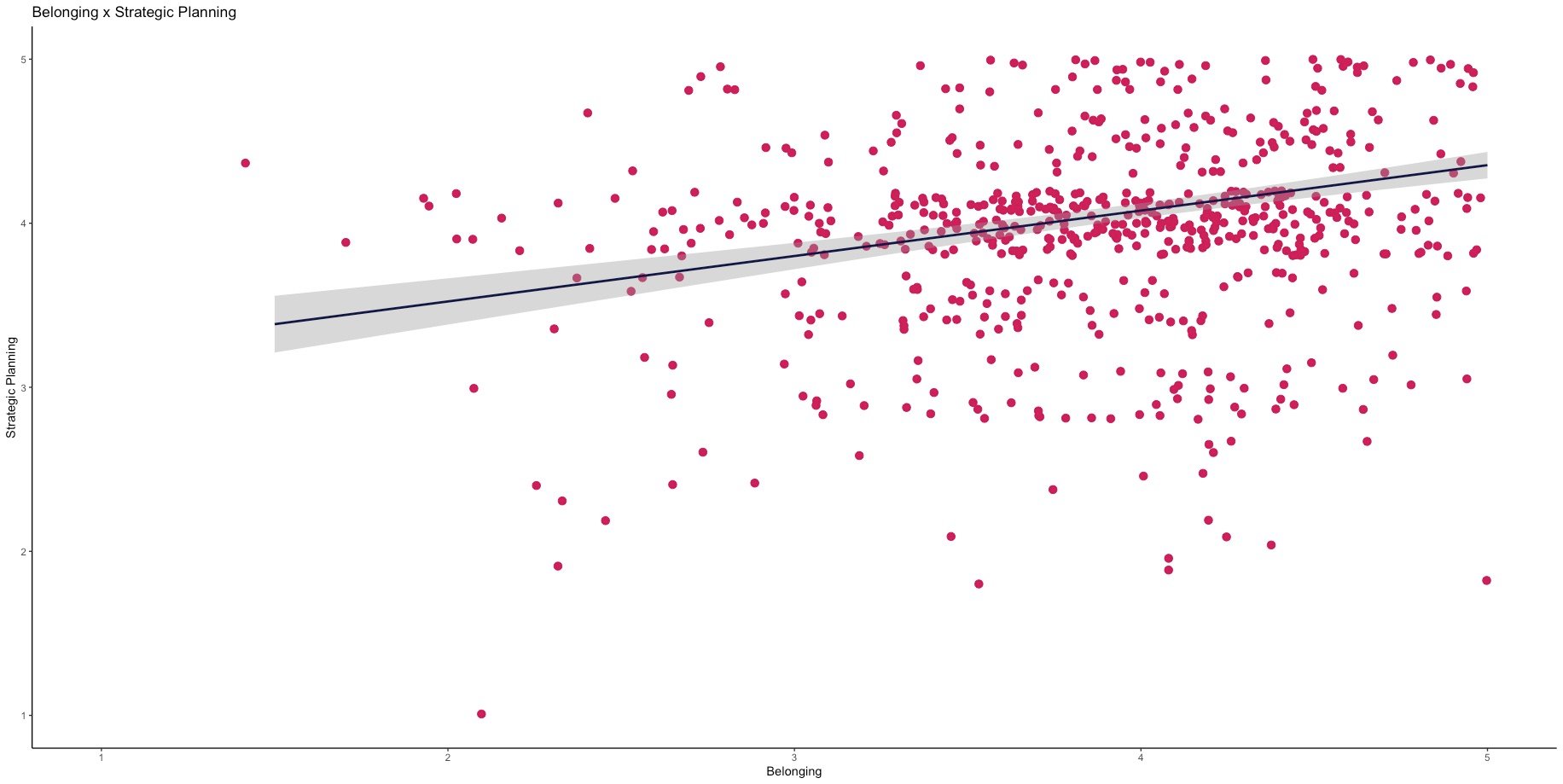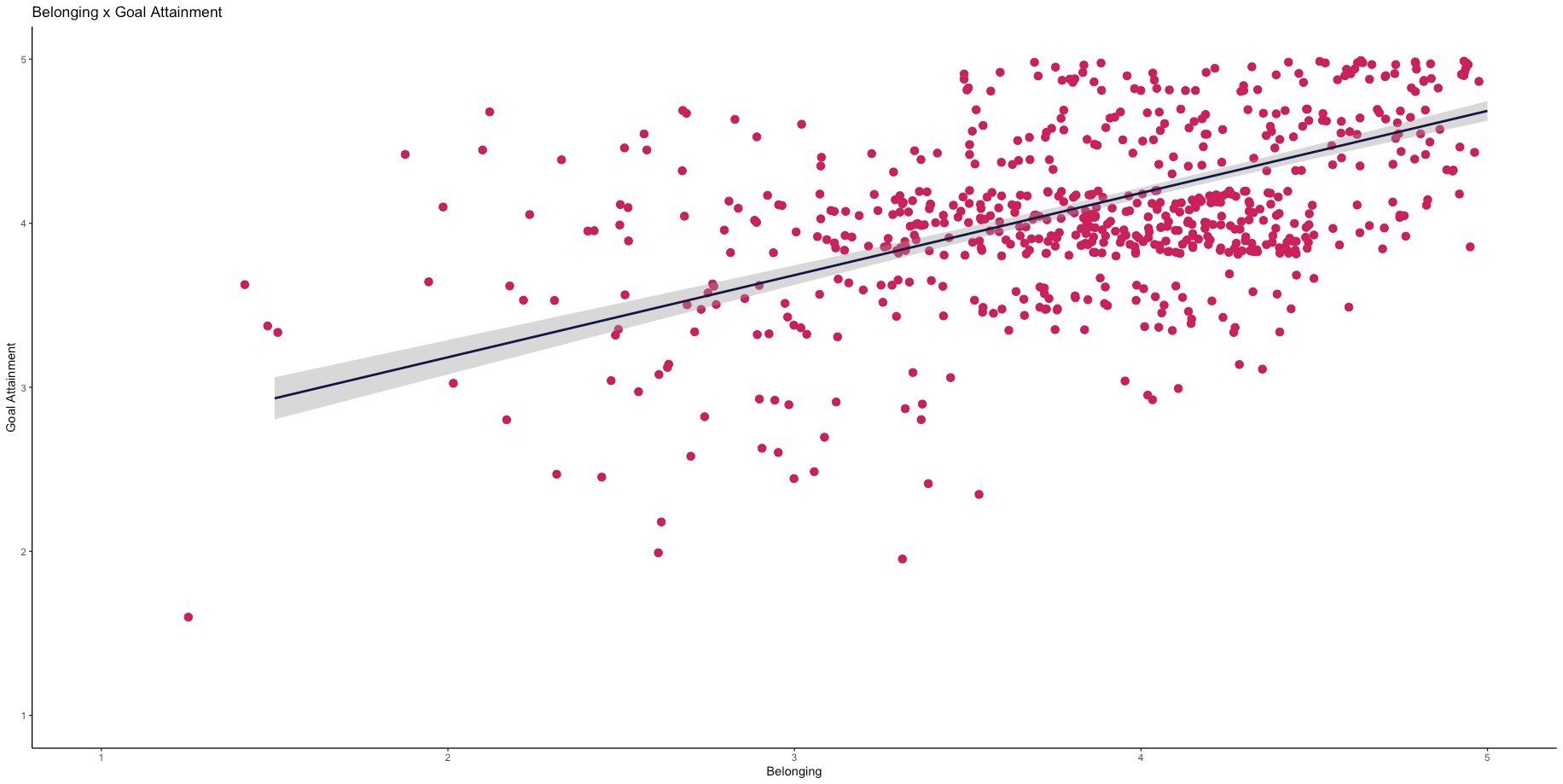-
EN - US
EN - US
-
For Business
For Business
Platform
Platform overviewIntegrationsPowered by AIProducts
BetterUp Lead™BetterUp Manage™BetterUp Care®Solutions
Sales PerformanceExecutiveDiversity & InclusionGovernmentCustomers
Case studiesROI of BetterUpResources
ResearchContent libraryCourageous leadership development hubCenter for Purpose & PerformanceDaring Leadership Institute: a groundbreaking partnership that amplifies Brené Brown's empirically based, courage-building curriculum with BetterUp’s human transformation platform.
Learn more

-
For Individuals
For Individuals
What is Coaching?
About CoachingFind your CoachTypes of Coaching
Career CoachingCommunications CoachingPersonal CoachingResources
BlogDiscover your perfect match: Take our 5-minute assessment and let us pair you with one of our top Coaches tailored just for you.
Find your coach
-1.png)
- About
Psychological safety: We all know it improves teams, but it can boost careers, too

The past year has reinforced the importance of psychological safety in the workplace.
Psychological safety has served as a kind of glue — helping teams not only perform their best, but stay connected during what has been arguably one of the most isolating and divisive periods of modern history. In addition to being the strongest proven predictor of team effectiveness, it improves well-being, promotes job stability, and increases employee engagement. Important attributes as we navigate the shift to hybrid work.
But while its benefits for teams and organizations is well understood and documented, less attention has been paid to the ways it fosters individual career aspirations.
We know that cultures rich in psychological safety create real benefits: people feel able to take risks, voice thoughts and concerns without fear of retribution, and freely ask for help without fear of judgement. All of this leads to impressive gains in team productivity, collaboration, and innovation.
But what about the employees themselves? Does the emotional freedom and sense of belonging that psychological safety provides result in individual career benefits? If so, how?
What the data say:
To answer these questions, we looked at data from nearly 10,000 BetterUp members. Our findings suggest that when employees feel as if they belong in their workplace, they are able to shift their attention and cognitive energy toward:
1) Improving performance in their current position
2) Planning for future career moves
3) Achieving goals related to future career aspirations
- Higher belonging in the workplace is positively correlated (r=.72) with increased focus.
Individuals who felt as if they belonged in their workplace reported being more able to “tune out the world around [them]” in order to accomplish tasks at hand, and reported overall higher ratings in focus.
- Higher belonging in the workplace is positively correlated (r=.74) with increased strategic planning.
Individuals who felt as if they belonged in their workplace reported being more able to “think about how to make the most of their future” and set actionable goals that will help them accomplish their future aspirations.

-
Higher belonging in the workplace is positively correlated (r=.71) with increased goal attainment
Individuals who felt as if they belonged in their workplace placed higher importance on their future goals and felt more capable of achieving them.

Why this matters:
Without the burdens of fear, anxiety, and stress, people are able to dedicate more time and cognitive energy toward developing positive attitudes and behaviors. These mindsets and behaviors help them improve their skills, visualize better outcomes, and generate greater impact.
Work environments rich in psychological safety help employees experience both a greater sense of belonging and higher performance because they don’t fear negative consequences for challenging ideas, asking for help, or making mistakes. They are confident their teams will accept and support them, even in the face of failure. That sense of belonging reaps rich, tangible rewards. Belonging has been demonstrated to positively impact both individual success in their current roles and amplify their potential contributions to the workplace more broadly.
According to our research, work cultures with a high sense of belonging experience a 56% increase in job performance and a 50% reduction in the risk of employee turnover. In other words, psychological safety helps people feel connected to their colleagues and excited about the possibilities of their work.
Improving psychological safety is thus a mission-critical priority for any organization that hopes to retain their workforce and help each employee reach their full potential.
Understand Yourself Better:
Big 5 Personality Test
Learn how to leverage your natural strengths to determine your next steps and meet your goals faster.Understand Yourself Better:
Big 5 Personality Test
Learn how to leverage your natural strengths to determine your next steps and meet your goals faster.Erin Eatough, PhD
Dr. Erin Eatough is an occupational health psychologist who has published research on employee well-being in over 30 outlets such as the Journal of Applied Psychology and has been featured in media outlets such as Harvard Business Review. Erin currently serves BetterUp in translating data to insight and helps to bring the science of BetterUp to life through content marketing. Erin received her Ph.D. in Industrial-Organizational Psychology from the University of South Florida.
Before BetterUp, Erin was a professor of Industrial and Organizational Psychology. She lives in Alexandria, VA with her husband and two young children. When not working, you can find her and her family on adventures in their tiny home on wheels, a converted Sprinter van.

